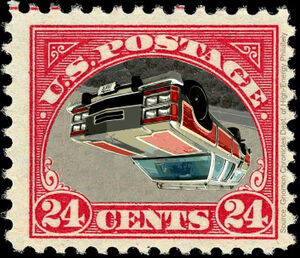Template:Are You Sure/March 27: Difference between revisions
No edit summary |
No edit summary |
||
| Line 7: | Line 7: | ||
• ... that engraver, goldsmith, and publisher '''[[Theodor de Bry (nonfiction)|Theodor de Bry]]''' gained fame for his depictions of early European overseas expeditions; and that, although de Bry never visited the Americas, most of his books are based on first-hand observations by explorers? | • ... that engraver, goldsmith, and publisher '''[[Theodor de Bry (nonfiction)|Theodor de Bry]]''' gained fame for his depictions of early European overseas expeditions; and that, although de Bry never visited the Americas, most of his books are based on first-hand observations by explorers? | ||
• ... that chemist and physicist '''[[James Dewar (nonfiction)|James Dewar]]''' invented the vacuum flask, which he used in | • ... that chemist and physicist '''[[James Dewar (nonfiction)|James Dewar]]''' invented the vacuum flask, which he used in his pioneering research into the liquefaction of gases? | ||
Revision as of 19:55, 27 March 2021
• ... that the Inverted Wagon Queen Family Truckster (I-WQFT) is a spectacular example of a stamp misprint caused by faulty Gnomon algorithm logic; that the misprint resulted from a junior Gnomon algorithm engineer in Ford Motors' Advanced Philately division misplacing a decimal point; and that Ford subsequently recalled over a million inverted vehicles, but recouped its losses selling stamps to collectors?
• ... that engineer and physicist Wilhelm Röntgen was awarded the first Nobel Prize in Physics, for his discovery of X-rays?
• ... that engraver, goldsmith, and publisher Theodor de Bry gained fame for his depictions of early European overseas expeditions; and that, although de Bry never visited the Americas, most of his books are based on first-hand observations by explorers?
• ... that chemist and physicist James Dewar invented the vacuum flask, which he used in his pioneering research into the liquefaction of gases?
